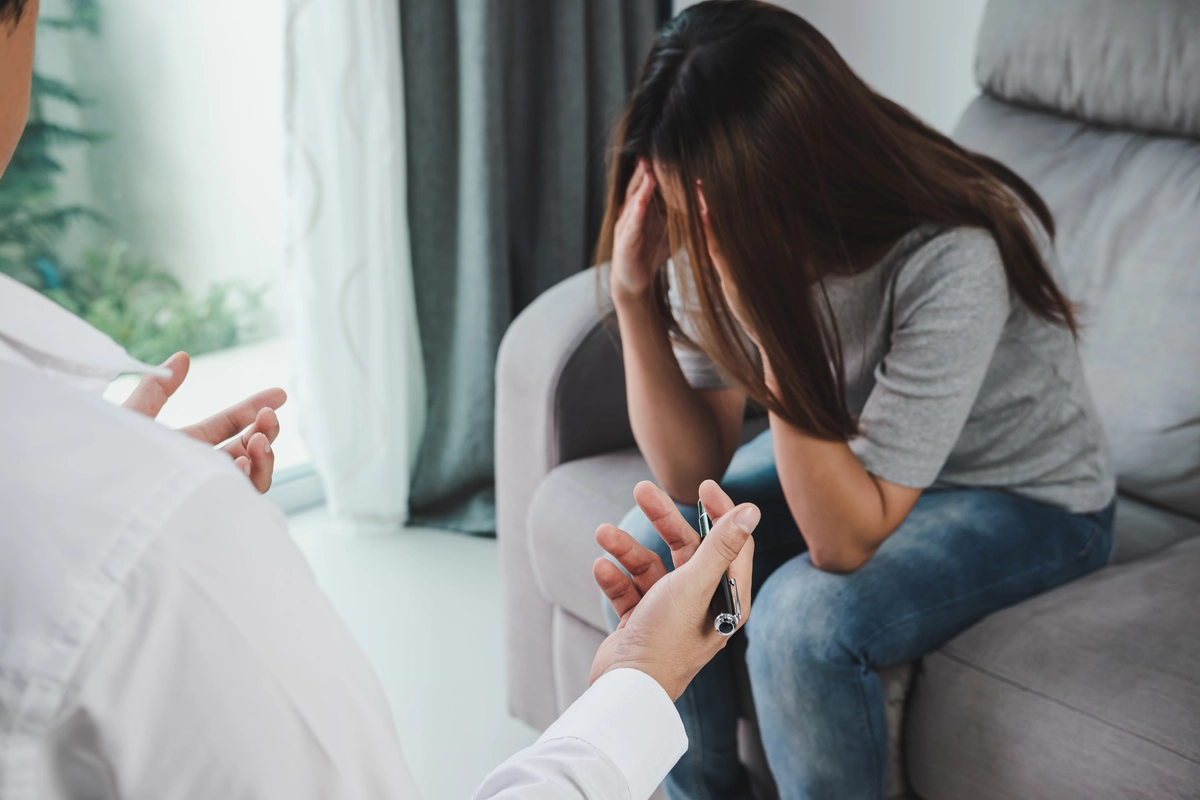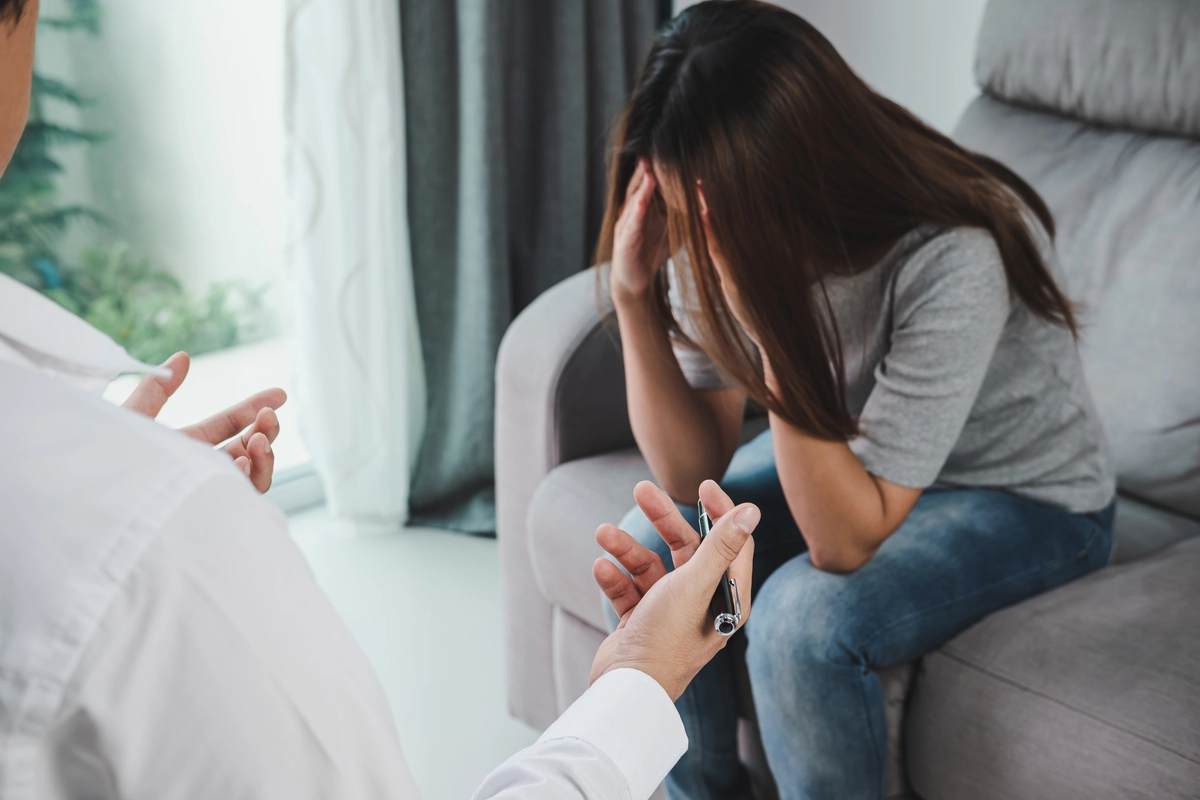24/7 Helpline:
(866) 899-111424/7 Helpline:
(866) 899-1114
Learn more about Eating Disorder Treatment centers in Newberg
Eating Disorder Treatment in Other Cities

Other Insurance Options

Magellan

Carleon

Choice Care Network

Cigna

Meritain

EmblemHealth

Horizon Healthcare Service

Covered California

Magellan Health

State Farm

Health Net

AllWell

Anthem

MVP Healthcare

Holman Group

Multiplan

WellPoint

Lucent

UnitedHealth Group

Sliding scale payment assistance

Hazelden Betty Ford
Hazel Betty Ford Foundation's drug and alcohol rehab programs for men and women combine evidence-bas...






First Step Adolescent Center
First Step Adolescent Center is a private rehab located in Newberg, Oregon. First Step Adolescent Ce...

Chehalem Youth and Family Services
Chehalem Youth and Family Services is a private rehab located in Newberg, Oregon. Chehalem Youth and...

